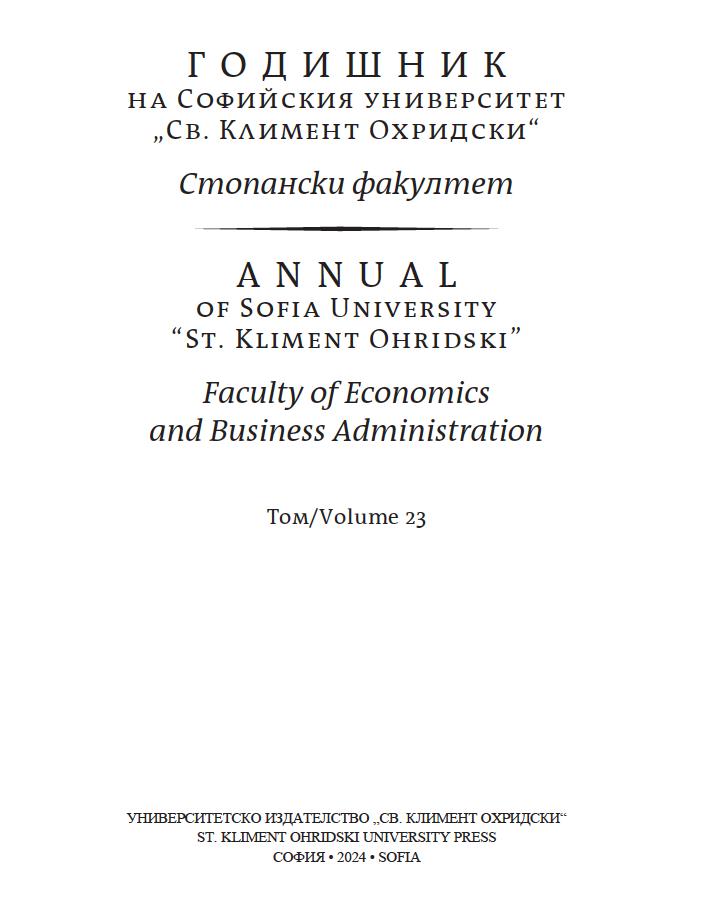ОСНОВИ НА СЪВРЕМЕННАТА ИКОНОМИКА: ГЕОРГ ФРИДРИХ КНАП И МОДЕРНАТА ПАРИЧНА ТЕОРИЯ
FOUNDATIONS OF CONTEMPORARY ECONOMICS: GEORG FRIEDRICH KNAPP AND MODERN MONETARY THEORY
Author(s): Teodor Sedlarski, Aleksandar B. Todorov, Henrik EgbertSubject(s): Economy, National Economy, Supranational / Global Economy, Financial Markets
Published by: Софийски университет »Св. Климент Охридски«
Keywords: chartalism; monetary theory; modern monetary theory; Georg Friedrich Knapp
Summary/Abstract: Georg Friedrich Knapp was a German economist whose most famous book is The State Theory of Money. Knapp is known as the founder of the chartalist school of monetary theory. In contrast to other monetary theories, which focus on the exchange value of money, Knapp assumes that the value of money is created by the government's legal right to define it. The legal concepts are central to his economic argumentation. He saw this approach as applicable to all forms of money. With the assumption that a government is the position to create money by decree Knapp's theory has found considerable attention in the modern monetary theory.
Journal: Годишник на Стопанския факултет на СУ „Св. Климент Охридски“
- Issue Year: 23/2024
- Issue No: 1
- Page Range: 287-310
- Page Count: 24
- Language: Bulgarian

